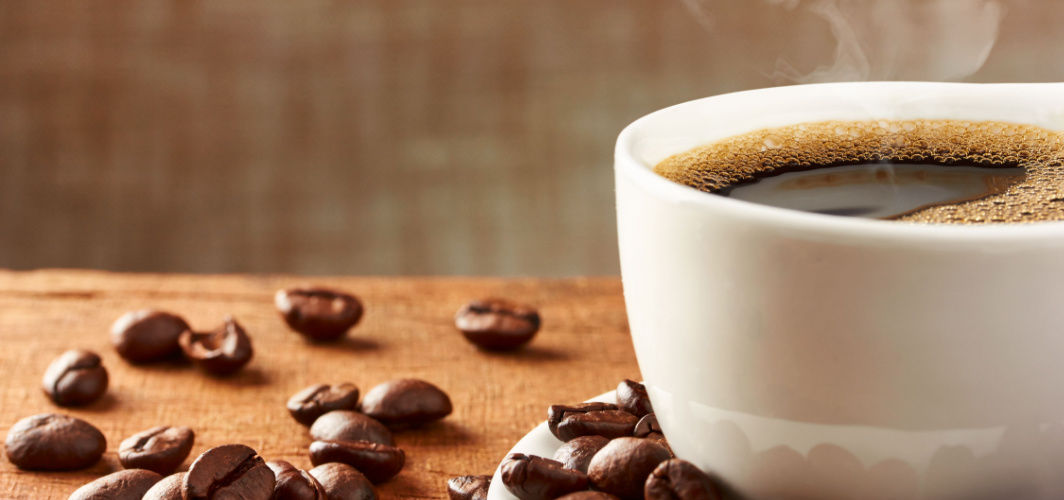Diabetes Management
Diabetes & Navratri: Exercises to Avoid During Fasting
2 min read
By Apollo 24|7, Published on - 23 October 2023, Updated on - 27 October 2023
Share this article
0
0 like

Navratri is a nine-day festival that is marked by fasting, prayers and celebrations. A lot of people observe fasting during this time. For individuals with diabetes, fasting requires extra attention and care. While exercising is beneficial for diabetes management, there are certain exercises that individuals with diabetes should avoid during Navratri fasting. Here are a few exercises you should avoid:
- High-Intensity Cardio
Intense cardiovascular exercises, such as running, high-intensity interval training (HIIT), and vigorous aerobics, can cause fluctuations in blood sugar levels. It's advisable to choose gentler exercises like brisk walking or yoga.
- Heavy Weightlifting
If you are fasting, you should refrain from heavy weightlifting as it can cause strain. This can be particularly risky if you're on the verge of hypoglycemia. Instead, opt for bodyweight exercises, resistance bands, or lighter weights. Focus on maintaining muscle tone rather than pushing your limits.
- Dehydrating Workouts
Dehydration can exacerbate the effects of fasting on blood sugar levels. Exercises that lead to excessive fluid loss, such as intense outdoor workouts, should be avoided. Dehydration can make you feel lightheaded and may lead to hypoglycemia. Stick to indoor, well-hydrated workouts and avoid excessive sweating.
- Prolonged Workouts
Extended exercise sessions can lead to hypoglycemia or weakness, which is not ideal during fasting. Keep your workouts short and focused. A 20-30 minute session can be just as effective as a longer one and is less likely to cause blood sugar issues.
- High-Impact Activities
High-impact exercises, like jumping, sprinting, or aerobics, can lead to discomfort, especially if you're fasting. Opt for low-impact exercises like swimming, cycling, or gentle dancing
- Exercising on an Empty Stomach
Fasting changes your metabolism and energy levels, and exercising on an empty stomach can lead to dizziness, weakness, or hypoglycemia. Plan your exercise sessions after consuming a light meal or fruit to ensure you have a steady source of energy.
Post-meal walks
Most people break their fast in the evening during Navratri. Try to do a 15-minute walk 30-45 minutes after eating especially if you have had a carbohydrate-rich meal. This will help prevent a very high after-meal sugar spike.
Conclusion
Remember that managing diabetes during fasting, coupled with exercise, requires careful monitoring. Always consult with your healthcare provider or a registered dietitian to create a plan that aligns with your dietary restrictions, diabetes management, and fitness goals. Monitoring your blood sugar levels before and after exercise is essential, as it will help you understand how your body responds to different activities. During fasting, prioritise your health, safety, and spiritual journey, and choose exercises that best support your well-being.
Diabetes Management
Consult Top Diabetologists
View AllLeave Comment
Recommended for you

Diabetes Management
Hypoglycaemia: Know What Happens When Your Blood Sugar Drops!
Hypoglycaemia is common in diabetics but can occur in healthy people too. Recognizing the symptoms is important to avoid complications. Treating the underlying cause and making dietary changes can help in preventing hypoglycaemia.

Diabetes Management
What Is Insulin? Answering The Top 5 Frequently Asked Questions
The different types of insulin available for diabetes management are rapid-acting insulin which works quickly and short-acting insulin which is taken before meals to control blood sugar levels. Intermediate-acting insulin has a prolonged effect and is taken twice a day for basal insulin coverage during fasting periods while long-acting insulin provides a steady release of basal insulin for 24 hours to maintain stable blood sugar levels, and pre-mixed insulin that combines short-acting and intermediate-acting insulin.

Diabetes Management
Can Tea and Coffee be Harmful in Diabetes?
Caffeine, found in tea and coffee, can impact the blood sugar and insulin levels of individuals with type 2 diabetes. Studies suggest caffeine may raise blood sugar and reduce insulin sensitivity, increasing the risk of complications. Caffeine elevates stress hormones, blocks adenosine, and disrupts sleep. It takes as little as 200 milligrams of caffeine to affect blood sugar. For those with type 2 diabetes, switching to decaffeinated options may help maintain better blood sugar control.
Subscribe
Sign up for our free Health Library Daily Newsletter
Get doctor-approved health tips, news, and more.
Visual Stories

8 Fruits That are Incredibly Healthy for Diabetes
Tap to continue exploring
Recommended for you

Diabetes Management
Hypoglycaemia: Know What Happens When Your Blood Sugar Drops!
Hypoglycaemia is common in diabetics but can occur in healthy people too. Recognizing the symptoms is important to avoid complications. Treating the underlying cause and making dietary changes can help in preventing hypoglycaemia.

Diabetes Management
What Is Insulin? Answering The Top 5 Frequently Asked Questions
The different types of insulin available for diabetes management are rapid-acting insulin which works quickly and short-acting insulin which is taken before meals to control blood sugar levels. Intermediate-acting insulin has a prolonged effect and is taken twice a day for basal insulin coverage during fasting periods while long-acting insulin provides a steady release of basal insulin for 24 hours to maintain stable blood sugar levels, and pre-mixed insulin that combines short-acting and intermediate-acting insulin.

Diabetes Management
Can Tea and Coffee be Harmful in Diabetes?
Caffeine, found in tea and coffee, can impact the blood sugar and insulin levels of individuals with type 2 diabetes. Studies suggest caffeine may raise blood sugar and reduce insulin sensitivity, increasing the risk of complications. Caffeine elevates stress hormones, blocks adenosine, and disrupts sleep. It takes as little as 200 milligrams of caffeine to affect blood sugar. For those with type 2 diabetes, switching to decaffeinated options may help maintain better blood sugar control.
